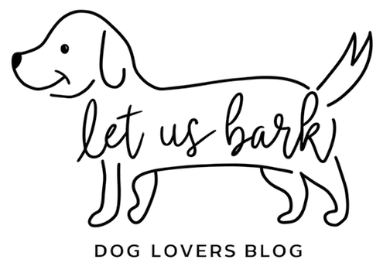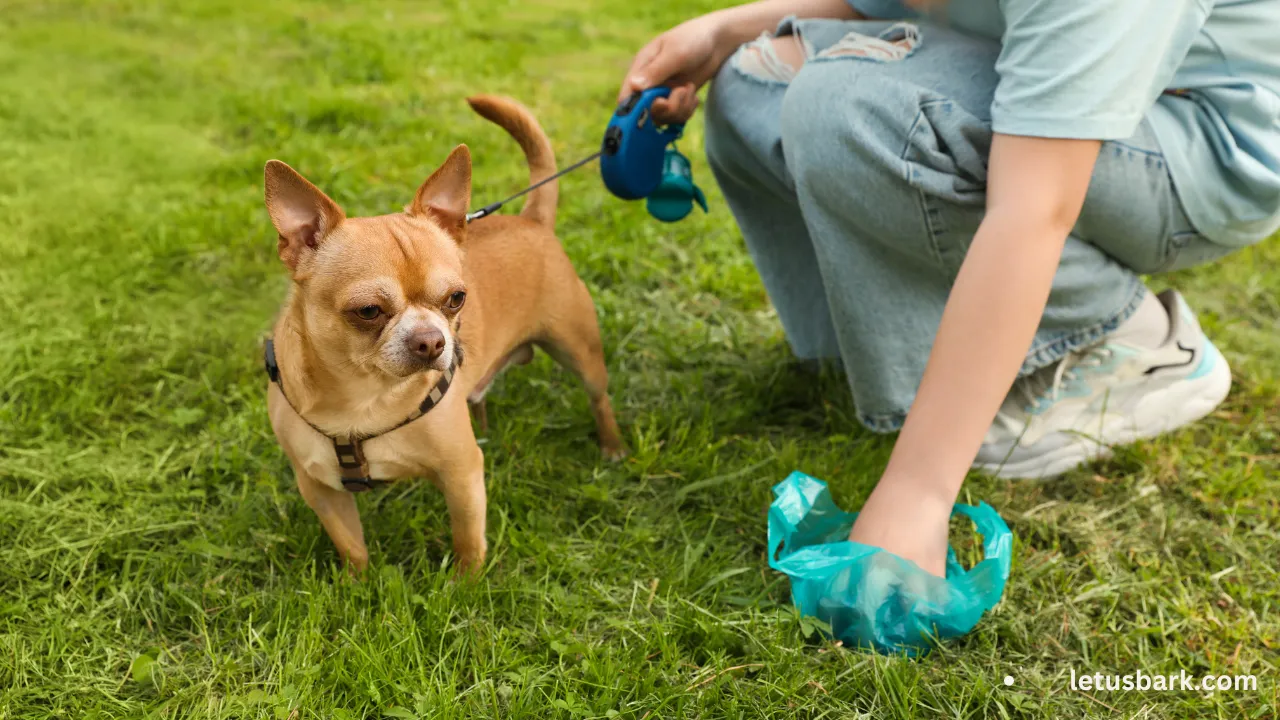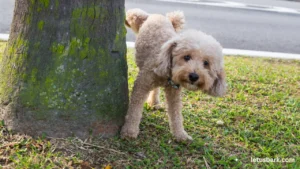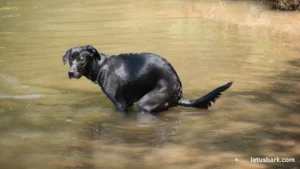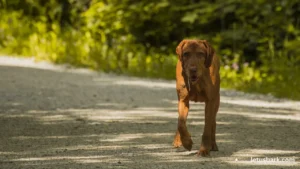Have you ever wondered how long it takes for dog poop to decompose on your lawn? Understanding the decomposition process of dog waste is essential for responsible dog owners.
Dog poop contains harmful parasites, pathogens, and bacteria such as E. coli and Giardia, which can contaminate the soil and pose health risks. When left on the surface of the dog’s poop in your yard, it can take months to decompose naturally, especially if the conditions are not favorable.
Contents
Decomposition Basics
Dog waste can take over a year to decompose, far longer than many people realize. One gram of dog waste can contain up to 23 million fecal coliform bacteria. It is not only unsightly but can also affect the pH level of the soil, making it acidic and harmful to plant growth.
Responsible dog owners should scoop and remove dog poop in a compostable manner to prevent environmental contamination.
Factors Affecting Decomposition
Several factors can impact the decomposition process of dog waste, including the presence of oxygen, moisture, and temperature. Dog feces are high in nitrogen, similar to cow manure, making it a potential fertilizer once fully decomposed.
However, improper disposal, such as leaving dog poop in plastic bags, can slow down the decomposition process and harm the environment. It is crucial to compost dog poop properly to turn it into a useful resource for your lawn.
Dog Waste Management
When it comes to managing dog waste, responsible pet owners need to consider various aspects to ensure a clean and healthy environment.
From scooping and disposal methods to composting and using alternatives to plastic bags, proper waste management is crucial for both the well-being of your pet and the surrounding ecosystem.
Scooping and Disposal
Scooping dog poop promptly and disposing of it in a timely manner is essential to prevent contamination and odor issues in your yard. Failing to scoop dog waste can lead to the spread of harmful pathogens and parasites, posing health risks to both humans and other animals.
Regularly cleaning up after your pet also helps maintain a hygienic backyard environment for everyone to enjoy.
Composting Dog Poop
Composting dog poop can be a sustainable way to manage pet waste while also enriching the soil. When composted properly, dog waste can break down into a valuable fertilizer that nourishes plants and promotes healthy growth.
However, it is crucial to follow proper composting guidelines to ensure that any potential pathogens are eliminated during the decomposition process.
Alternatives to Plastic Bags
Using biodegradable or compostable bags as alternatives to plastic bags for picking up dog waste can significantly reduce environmental impact. Plastic bags can take hundreds of years to decompose, leading to long-lasting pollution in the environment.
By opting for eco-friendly alternatives, pet owners can help minimize plastic waste and contribute to a cleaner and greener community.
Effects on Your Lawn
When it comes to dog poop on your lawn, understanding its impact is crucial for maintaining a healthy outdoor environment. Dog poop, if not properly managed, can have various effects on your lawn and the surrounding ecosystem.
Let’s explore how dog waste can influence your yard and steps you can take to minimize its negative consequences.
Dog Poop as Fertilizer
While dog feces can contain harmful pathogens and parasites, once properly composted, it can eventually serve as a nutrient-rich fertilizer for your lawn. Dog waste, being high in nitrogen, has the potential to enhance soil fertility when decomposed correctly.
However, it’s essential to ensure that the decomposition process is done appropriately to avoid any environmental contamination or health risks.
Using Manure in Your Yard
In addition to dog waste, using cow manure or other types of manure in your yard can also have fertilizing benefits.
Manure can improve soil structure and provide essential nutrients for plant growth. However, proper application and composting techniques are necessary to prevent over-fertilization and the negative impact of excess nitrogen on your lawn.
Steps to Keep Your Lawn Clean
To maintain a clean and healthy lawn in the presence of pets, responsible waste management practices are critical. Regularly scooping dog poop, composting it properly, and considering eco-friendly alternatives to plastic bags can help ensure that your yard remains free of contamination and supports a thriving ecosystem.
By adopting these measures, you can enjoy a lush lawn without compromising on environmental sustainability.
Environmental Impact
When considering the environmental impact of dog waste, it is crucial to explore sustainable practices for dog owners and the decomposition process. Compostable dog waste products offer a solution for managing pet waste in an eco-friendly manner.
By utilizing compostable materials for dog waste disposal, pet owners can reduce the burden on landfills and promote a more sustainable approach to waste management.
Compostable Dog Waste Products
Compostable dog waste products provide a practical and environmentally friendly option for pet owners to dispose of their dog’s waste. These products are designed to break down naturally over time, reducing the accumulation of non-biodegradable waste in the environment.
By choosing compostable alternatives such as bags or containers for collecting dog poop, owners can minimize their ecological footprint and contribute to a cleaner planet.
Cow Manure vs. Dog Poop Decomposition
Comparing the decomposition of cow manure and dog poop sheds light on the differences in nutrient content and decomposition rates.
While both cow manure and dog waste are high in nitrogen, cow manure tends to decompose more quickly due to its composition. Understanding these variations can help pet owners make informed decisions about composting practices and soil enrichment strategies.
Sustainable Practices for Dog Owners
Embracing sustainable practices as a dog owner involves more than just picking up after your pet. It also entails proper waste disposal, composting, and using eco-friendly alternatives to plastic bags.
By adopting sustainable practices, dog owners can play a significant role in reducing environmental pollution and promoting a healthier ecosystem for all living beings.
FAQs
How long does it take for dog poop to decompose?
It can take dog waste to decompose naturally depending on various factors such as environmental conditions, composting methods, and size of the waste. On average, dog poo can take several weeks to several months to break down completely.
Can I compost dog waste in my backyard?
Composting dog poop is possible, but it requires proper handling to ensure it is transformed into safe fertilizer. Use a separate composting bin for dog waste and avoid using the resulting compost in areas where edible plants are grown.
Is dog poop harmful to the lawn?
Yes, dog poop can contain harmful parasites and pathogens that may damage the lawn over time. It is essential to promptly scoop and dispose of dog waste to prevent issues such as brown spots and foul odors.
Why is it important to pick up dog poop immediately?
Removing dog waste immediately after your dog eliminates the risk of contamination and helps maintain a clean environment. Dog feces can harbor harmful bacteria like E. coli and Giardia, posing health hazards.
